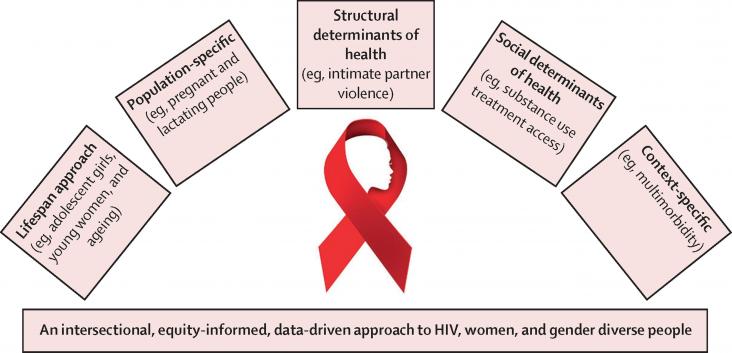This paper is about empowering women during the menopause and argues that an over-simplified narrative of menopause as a health problem to be solved by replacing hormones is not based on evidence and deflects attention from the need for substantial societal shifts in how menopause, and midlife/older women in general, are viewed and treated around the world.
This paper is about premature menopause (before the age of 40) and early menopause (40-44) and highlights the specific research and care needed by women experiencing premature or early menopause.
This article is about mental health and menopause and questions the assumption that menopause always causes mental health problems whilst also identifying specific at-risk groups who may need additional support.
This paper is about treatment-induced menopause after cancer care. It highlights how treatment-induced menopause can lead to more severe symptoms than natural menopause and these are often overlooked during cancer care – especially in LMICs.
The results from this study indicate that the AI-based risk assessment predicts later stage breast cancers as high risk among women who currently are sent at home with a negative mammogram.

As a type of violence in intimate relationships, reproductive coercion encompasses a range of behaviours that exert external control over reproductive autonomy, from threats to coerce pregnancy to sabotaging contraception and controlling outcomes of a pregnancy, such as coerced abortion or forced continuation of a pregnancy. At a time when reproductive rights and bodily autonomy are under attack in many countries, and when adolescents (especially transgender and gender-diverse youth) are experiencing large barriers to health care, elucidating core characteristics of reproductive coercion, identifying harm reduction strategies, and preventing relationship abuse and reproductive coercion are of paramount importance.
This Series paper supports SDGs 3 and 5 by examining the determinants of maternal health and mortality and how these could be addressed to improve outcomes. The causes of maternal mortality, and efforts to improve maternal health, require a multipronged and multidisciplinary approach.
Women are disproportionately affected by HIV globally, and in some of the hardest hit regions, women bear the brunt of the epidemic in terms of both disease burden and care for those affected.

Women and gender diverse people remain disproportionately affected by HIV, face unique challenges and have been under-represented in HIV research.
Right to abortion and access to care support SDG 3.
